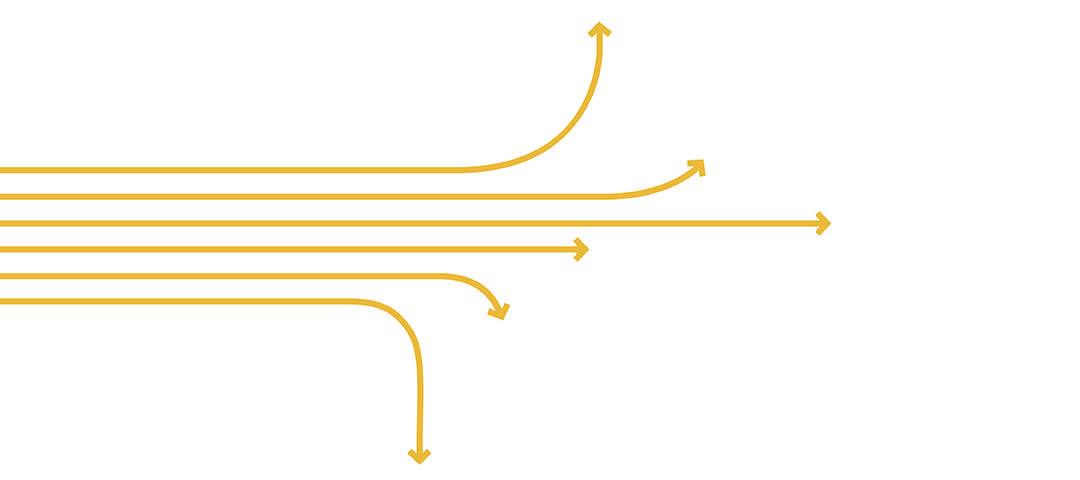The Future of Asia: Forces of Change and Potential Surprises – Supplementary Report

Acting on Corruption
On this page
What is it?
Why is it important?
References
What is it?
A country that scores less than 50 on Transparency International’s “Corruption Perceptions Index” is judged to have highly corrupt public institutions. In 2013, Malaysia, Bhutan and Brunei were the only developing Asian countries to score above 50. Indonesia (32), in spite of recent progress, still has a long way to go to reform its public institutions.1Aside from undermining the rule of law, government corruption increases the cost of services to the general population, makes it less likely that governments will act in the public interest and could inhibit the in-flow of international aid.2 3
Many government-led anti-corruption initiatives are underway in Asia. Asian governments are especially watching the ongoing success of the Corruption Eradication Commission (KPK) of Indonesia.4 Formed in 2002 as a result of public anger at the corruption associated with former President Suharto, the KPK has been given sweeping powers to prosecute crimes as well as to prevent and investigate them. The KPK can prosecute any public official, including members of parliament and judges, but not the military. A number of factors have contributed to the success of the KPK, including a lack of political interference. Investigators and prosecutors work together, and the KPK assesses the strength of its arguments before deciding whether to prosecute. As a result, the KPK has won all its cases, and all appeals have been upheld in the corruption court. This has made the KPK one of the most desirable places to work in Indonesia, and fostered a large amount of public goodwill.
With high ranking officials being accused of corruption in 2013, China has also decided to strengthen its anti-corruption regime and investigation process. The resolution produced at the recent third plenary session of the 18th Communist Party of China includes a section that shows the objectives of the government to prevent and punish corruption in the coming years. Among these objectives are reforms to the Party’s discipline inspection system and plans to implement legal and public opinion supervision through the Internet.
Why is it important?
Corruption has an effect on corporations, officials and individuals benefiting from the status quo. In the short term, the detention of major officials might send a clear signal to public managers that corruption will no longer go unpunished.5Companies under bribery allegations may lose market share and have their reputations tarnished, while governments may bolster their legitimacy with voters by punishing corrupt politicians and officials and designing rules to minimize systemic corruption. 6 7 For other corporations, the fight against corruption might affect the luxury goods market as officials are increasingly reluctant to publicly display expensive goods.8
Reduced levels of corruption contribute to regulatory stability, improve perceptions of government legitimacy and foster business and investment confidence. The World Economic Forum’s Global Competitiveness Report shows a strong correlation between the quality of institutions, which are characterised by low levels of corruption, and the competitiveness of a country.9 With a clear commitment from Indonesian authorities to fight against corruption, Southeast Asia could become an important trading and investment destination, forcing Western countries to strengthen their bilateral trade relations with the region.
References
- “Corruption Perceptions Index 2013.” Transparency International. http://cpi.transparency.org/cpi2013/results/(link is external)
- “Anti-corruption.” United Nations’ Office on Drug and Crime. Website: http://www.unodc.org/southeastasiaandpacific/en/topics/anti-corruption/overview.html(link is external)
- Rupar, T. “Asia’s rise could be held back by corruption, report says.” Washington Post. December 2013. http://www.washingtonpost.com/blogs/worldviews/wp/2013/12/03/asias-rise-could-be-held-back-by-corruption-report-says/(link is external)
- This section is a summary of the description of the KPK provided in Emil P. Bolongaita’s “An exception to the rule? Why Indonesia’s Anti-Corruption Commission succeeds where others don’t – a comparison with the Philippines’ Ombudsman.” U4. August 2010. http://www.u4.no/publications/an-exception-to-the-rule-why-indonesia-s-anti-corruption-commission-succeeds-where-others-don-t-a-comparison-with-the-philippines-ombudsman/(link is external)
- Kapoor, K. and R. Fabi. “Special Report: Indonesia’s graftbusters battle the establishment.” Reuters. November 2013. http://in.reuters.com/article/2013/11/17/indonesia-graftbusters-idINDEE9AG00H20131117(link is external)
- Burkitt, L. and J. Whalen. “China Targets Big Pharma. GlaxoSmithKline Hit with Bribery Allegations as Health-Care Sector Soars.” Wall Street Journal. July 2013. http://online.wsj.com/news/articles/SB10001424127887323664204578607502156860618(link is external)
- “The new middle classes rise up.” The Economist. September 2011. http://www.economist.com/node/21528212(link is external)
- “How LVMH Adapts to China’s Evolving Luxury Market.” Jing Daily. October 2013. http://www.jingdaily.com/how-lvmh-adapts-to-chinas-evolving-luxury-market/38161/(link is external)
- “The Global Competitiveness Report 2011–2012.” World Economic Forum. 2011. http://www3.weforum.org/docs/WEF_GCR_Report_2011-12.pdf